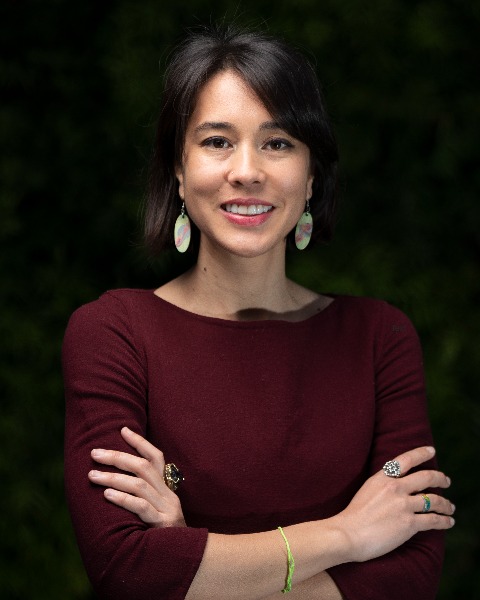Back
Expand
Livestream
LIVESTREAMED - IYKYK: Generational Gaps, Gen Z and Coaching the Youth
Thursday, August 24, 2023
4:30pm - 5:15pm (New York)
Location: Caribbean 1-2
Core Competency: 0.5
Resource Development: 0.25
Resource Development: 0.25
Strauss-Howe Generational Theory describes four generation cycles; each is defined by common age, location, beliefs, and behaviors. These attitudes are conveyed through archetypes, and alongside each archetype, are four turnings — a period in American history that describes the state of individualism, community, and institutions. Depending on the year born, generations act in accordance with their archetype and the era they live through.
Generational gaps and age differences are often left out of diversity, equity, and inclusion (DEI) conversations and coaching. Yet they play an integral role in local and global communities, the workspace, family structures, and more. Age is a universal social category. Demographers, historians, financial institutions, and even marketing agencies look for historical patterns to foresee what is to come and understand generational values as generations move into new social roles and moods, attitudes, and behaviors change.
This workshop will help coaches understand historical cycles, generational differences, and how to coach the youth. In understanding our perception of generational differences, we can remove unconscious barriers to connection. This results in changes in how we interact with the world and frees the flow of information from youth to elders and vice versa. By the end of the presentation, you will have a mental model of how generational gaps are fabricated; uncover biases towards baby boomers, Gen Xers, millennials and Gen Zers; and have simple practices to support the newest generation to be empowered.
Generational gaps and age differences are often left out of diversity, equity, and inclusion (DEI) conversations and coaching. Yet they play an integral role in local and global communities, the workspace, family structures, and more. Age is a universal social category. Demographers, historians, financial institutions, and even marketing agencies look for historical patterns to foresee what is to come and understand generational values as generations move into new social roles and moods, attitudes, and behaviors change.
This workshop will help coaches understand historical cycles, generational differences, and how to coach the youth. In understanding our perception of generational differences, we can remove unconscious barriers to connection. This results in changes in how we interact with the world and frees the flow of information from youth to elders and vice versa. By the end of the presentation, you will have a mental model of how generational gaps are fabricated; uncover biases towards baby boomers, Gen Xers, millennials and Gen Zers; and have simple practices to support the newest generation to be empowered.
Learning Objectives:
- Articulate your biases toward different generations including baby boomers, Gen X, millennials and Gen Z.
- Coach Gen Zers with confidence and be able to identify their essence, superpower, and the importance of community outside of identity.
- Have a better understanding of how historical cycles widen the gap between generational differences.

Juliana S. Sih, PCC (she/her/hers)
Founder and Head Coach
Crescendo
Chico, California
